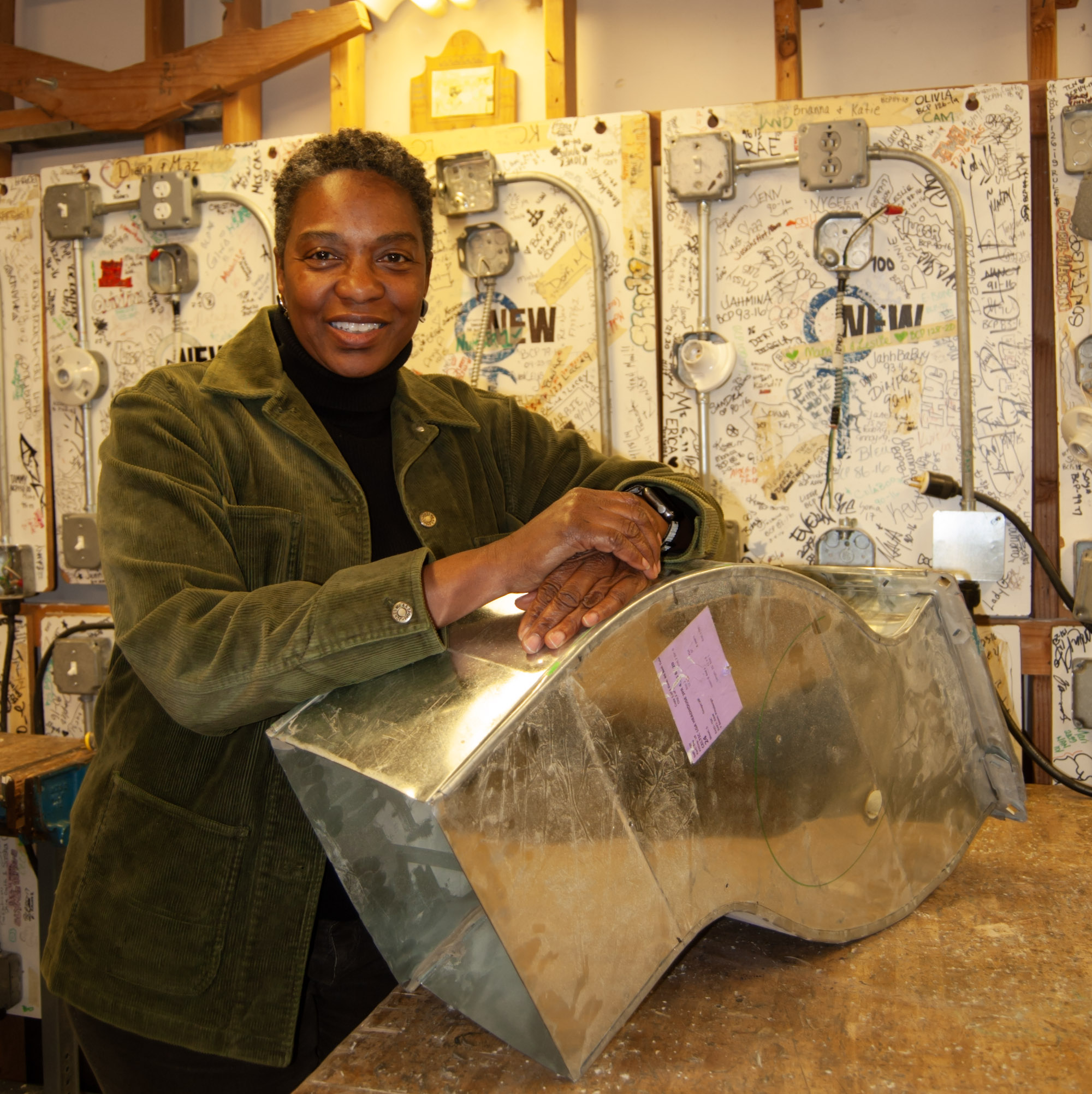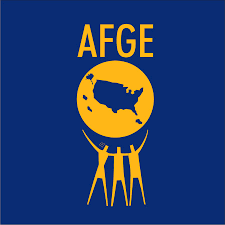Leah Rambo’s career in construction trades started by intersecting with a little-known labor program aimed at supporting women getting into the construction trades. Now it’s come full circle.
Rambo recently took on the role of the president of Nontraditional Employment for Women (NEW), the nonprofit that centered on supporting women in careers in the construction, utility, and maintenance trades.
“My goal and advantage I have here is my real life work experience and to be able to incorporate that into our curriculum so that women are prepared, so that they also understand what it means to be a good union worker,” Rambo said. “It means to learn your trade, but it doesn’t always mean just put your head down.”
Rambo has spent over three decades working in a highly skilled craft and in training and policy in the labor movement. Most recently served as the deputydirector of the U.S. Department of Labor Women’s Bureau but she started as an apprentice in the Sheet Metal Workers Union Local 28 in New York City. She is the first woman of color and tradeswoman to serve as president of NEW.
“I can’t even explain how excited and how attached I am,” she said.
Though she was too young to get into the program as a high schooler, it was a NEW tradeswoman who suggested to her to get involved in the sheet metal trades where she got her start. Since then, Rambo said her career has always been adjacent in some way to the organization. She came as a trade speaker to discuss sheet metal work, mentored apprentices in the program when she was teacher and later advised and placed NEW apprentices as the training director of Local 28.
From childhood, Rambo said she was always mechanically inclined. At 10 she remembers burying a doll she had been given as a gift and asking for a tool set. She attended high school at Brooklyn Tech, set on learning a trade and never looked back.
“It’s how my brain works. I think it’s a very fulfilling trade and career. And I think there’s so, so many more women that would feel the exact same way that I feel about it, given the opportunity and the knowledge about the trades,” she said.
Rambo said that the biggest barriers facing women in the construction trades include childcare, maternity leave and workplace culture. As NEW’s president she hopes to help advance union policies in the former two areas, and help mentor apprentices so that they’re better prepared to advocate for an inclusive work atmosphere on the job.
One thing she hopes to impart to NEW graduates is how to know which battles to fight, how to speak up and how to talk to one’s supervisor in a way where you can be heard. Rambo believes that providing a path to diversify the construction trades can ultimately boost labor conditions for everyone.
“It is a better workplace culture when there is a diverse workforce. People will just want to behave better,” she said.
New York City unions have committed to including 15% of all their apprentice classes as NEW graduates. Rambo hopes that if she’s able to get the industry to better address challenges that women face, it will ultimately help the retention of those graduates within the workforce.
“That says a lot about the labor movement. It says a lot for the building trade unions that they believe in NEW, and we’re working with them to make sure that every class comes in with that 15% of NEW graduates,” she said.







